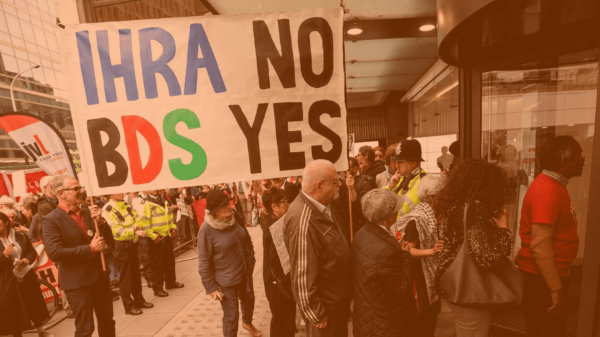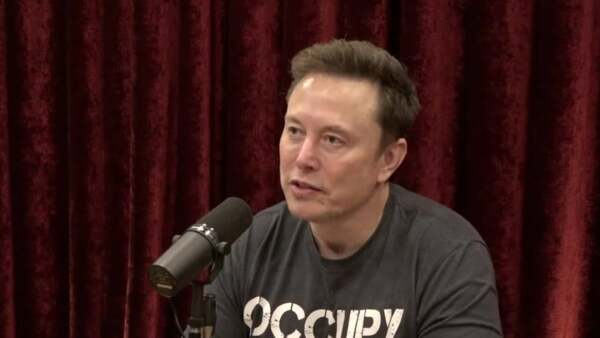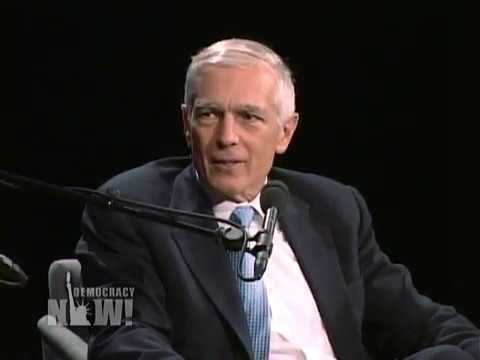
The German parliament is preparing to vote on a resolution aiming to equate all criticism of Israel with anti-Semitism itselfMERA25 und DiEM25 in Deutschland (DiEM25)

Elon Musk has claimed that Kamala Harris will shut down X, formerly known as Twitter, if she wins the 2024 US presidential election. Speaking on the Joe...Holly Patrick (Yahoo News)
A new study from Europe’s clean transport & energy group Transport & Environment (T&E) has found that using the batteries in electric vehicles (EVs) to store energy and feed back into the grid could save hundreds of billions of dollars.
The promise of bidirectional charging – which allows vehicle to grid (V2G) and Vehicle to Home (V2H) technology – has become an increasingly attractive byproduct of the transition to EVs, creating the potential for a fleet of what T&E describes as “batteries on wheels” to store excess electricity when it is cheap and in surplus, and sending it back to the grid when demand is high.
According to the report, bidirectional charging and V2G could save the European Union’s energy systems €22 billion annually by 2040, somewhere around $A35 billion.
This would be equivalent to an 8 per cent reduction on the cost of building and running the EU’s energy system, resulting in total savings of as much as €175.45 billion (around $A290 billion).
The economic savings would be generated by helping to store excess renewable energy, avoiding the need for stationary storage by up to 92 per cent and allowing European grids to integrate up to 40 per cent more solar PV capacity, or as much as 430GW by 2040.
Moreover, by storing excess renewable electricity that would otherwise be lost, the report predicts that Europe’s EV fleet could contribute up to 9 per cent of the EU’s annual power needs by 2040, making EVs the fourth largest electricity “supplier” in the EU.

New study finds that using the batteries in electric vehicles (EVs) to store energy and feed back into the grid could save hundreds of billions of dollars.Joshua S. Hill (The Driven)
For all the tremendous loss of life the numbers reflect, they surely underestimate the true human costs of the conflict.candice (Truthout)

What is I told you so for $6 trillion, Wesley? https://archive.org/details/dn2007-0302_vid Mar. 2, 2007 https://vimeo.com/64799215Nakama | Invidious